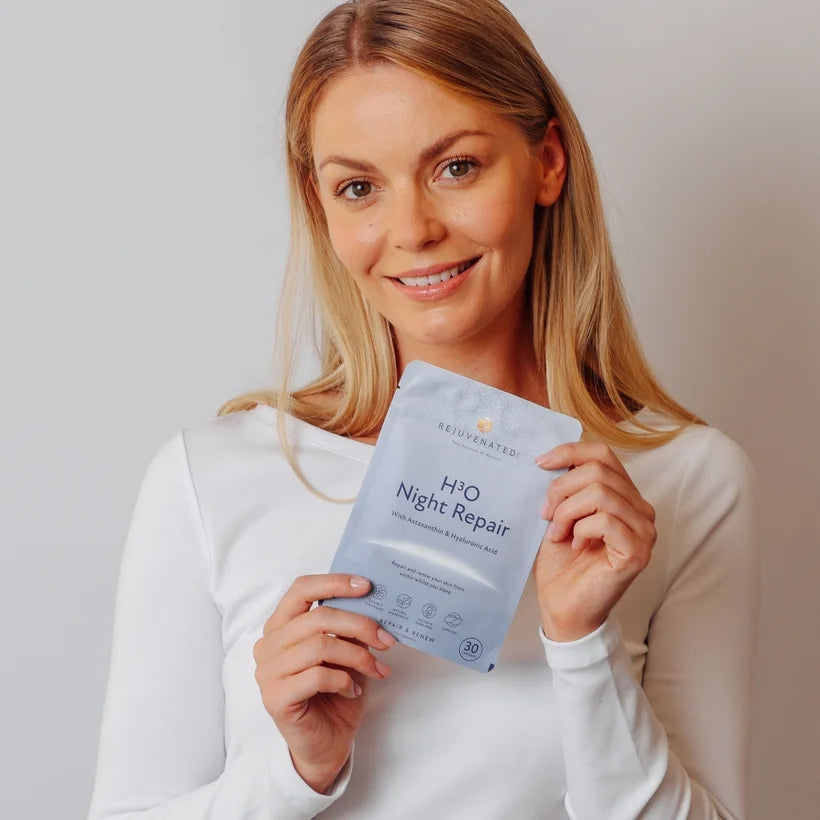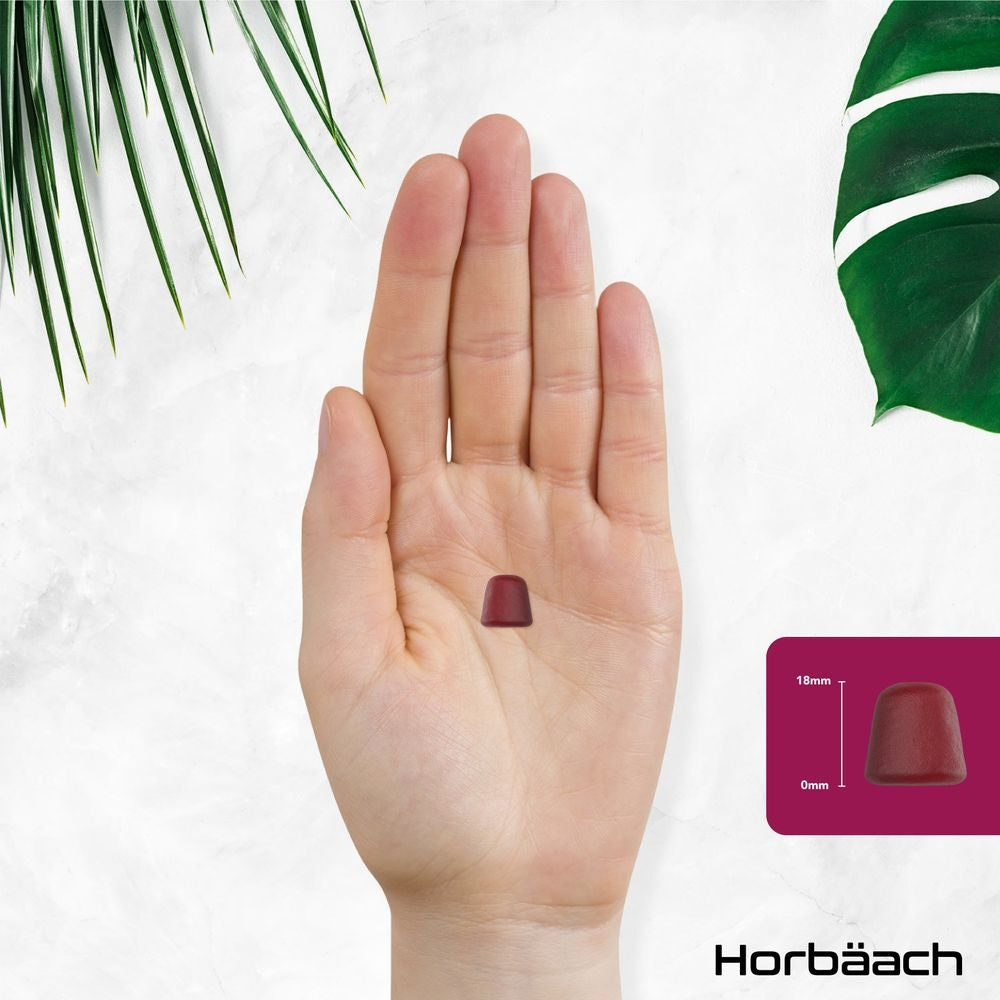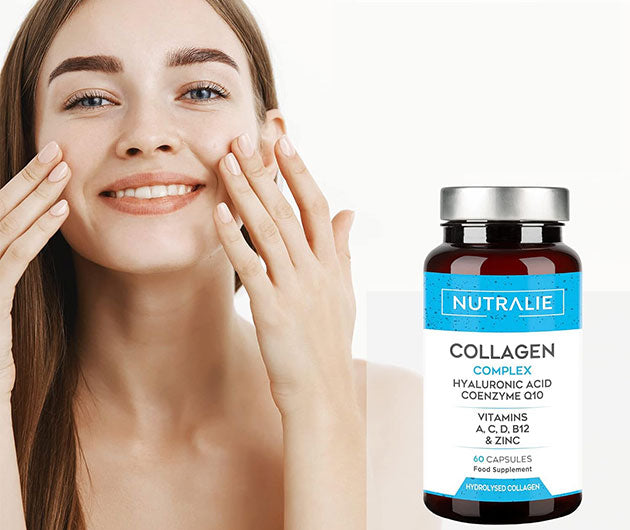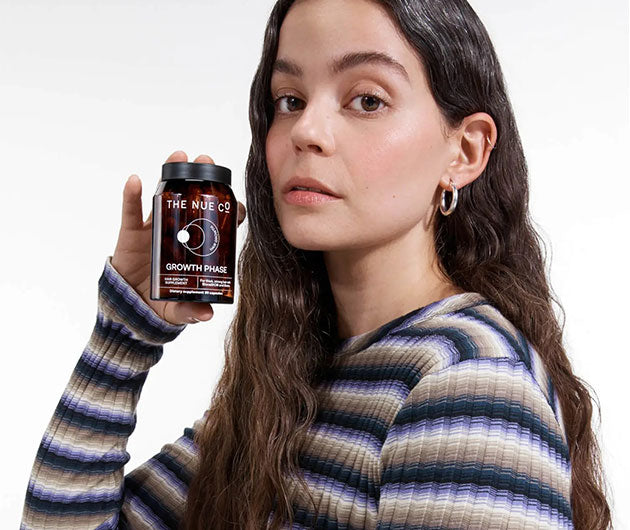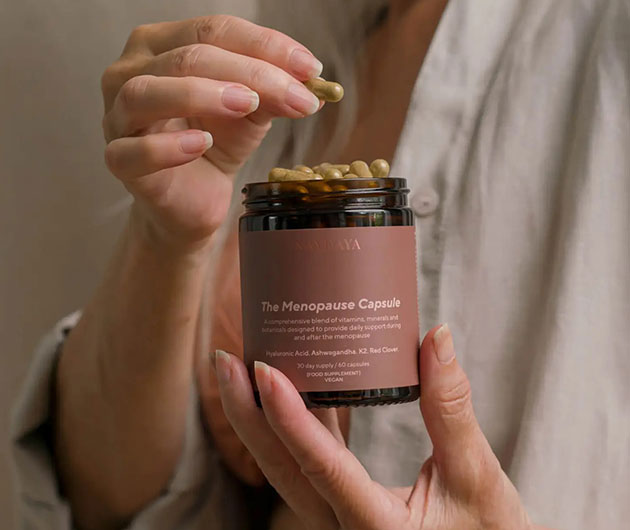
Top Supplements You Need After 50 to Stay Strong, Active & Healthy
Aging gracefully isn’t just about staying active—it’s also about giving your body the nutrients it needs to thrive. After the age of 50, our nutritional requirements change. Metabolism slows down, absorption of nutrients decreases, and bone density, heart health, and memory need extra care. While a balanced diet should always come first, certain vitamins and supplements become especially important after 50.
Here’s a guide to the most essential ones:
1. Vitamin D – The Sunshine Vitamin
After 50, the body’s ability to produce Vitamin D from sunlight decreases. Vitamin D supports bone strength, immune health, and muscle function. A deficiency can increase the risk of osteoporosis, fractures, and fatigue.
Sources: Sunlight, fortified foods, and Vitamin D supplements.
2. Calcium – For Strong Bones
Calcium works hand-in-hand with Vitamin D to keep bones dense and healthy. Women over 50 and men over 70 are particularly at risk of osteoporosis if calcium intake is too low.
Sources: Dairy products, leafy greens, fortified plant milks, or calcium supplements.
3. Vitamin B12 – For Brain & Nerve Health
Absorption of Vitamin B12 naturally decreases with age, leading to fatigue, memory issues, and even mood swings. Supplementation helps maintain nerve function and cognitive health.
Sources: Fish, poultry, eggs, fortified cereals, or B12 supplements.
4. Magnesium – The Energy Mineral
Magnesium supports muscle health, heart rhythm, and energy metabolism. It also helps regulate blood pressure, which is vital after 50.
Sources: Nuts, seeds, beans, whole grains, or magnesium supplements.
5. Omega-3 Fatty Acids – For Heart & Brain Health
Omega-3s are essential for maintaining heart health, reducing inflammation, and supporting brain function. They may also reduce joint pain and stiffness.
Sources: Fatty fish (salmon, mackerel, sardines), flaxseeds, chia seeds, or omega-3 supplements (fish oil or algae oil).
6. Probiotics – Gut Health & Immunity
Gut health becomes more important as we age. Probiotics help maintain digestive health, nutrient absorption, and a stronger immune system.
Sources: Yogurt, kefir, sauerkraut, or probiotic supplements.
7. Coenzyme Q10 (CoQ10) – Energy & Heart Support
CoQ10 levels decline with age, and supplementation can boost cellular energy, support heart health, and reduce fatigue.
Sources: Meat, fish, whole grains, or CoQ10 supplements.
Final Thoughts
After 50, prioritizing the right vitamins and supplements can make a world of difference in maintaining energy, mobility, and long-term health. Always consult your doctor before starting any new supplement, as individual needs vary. A combination of a nutrient-rich diet, active lifestyle, and smart supplementation can help you age with strength and vitality.

